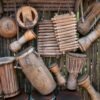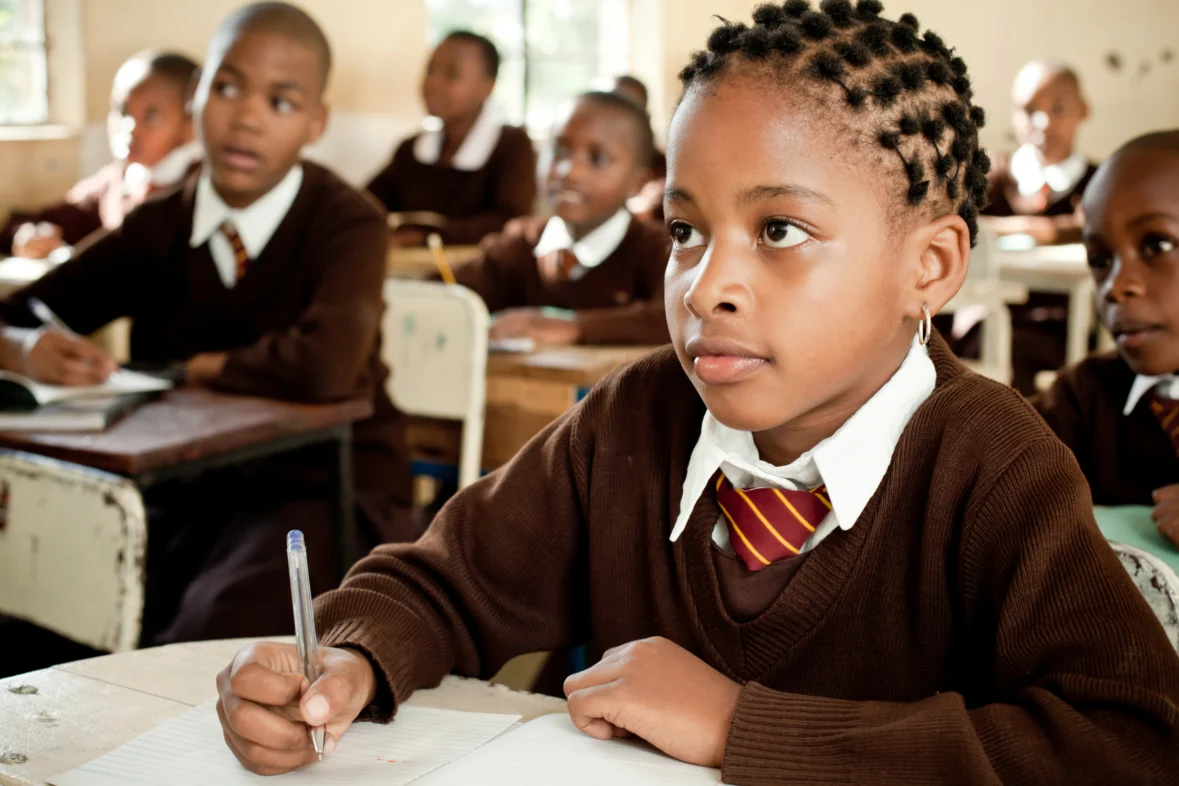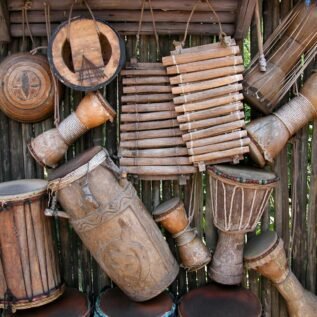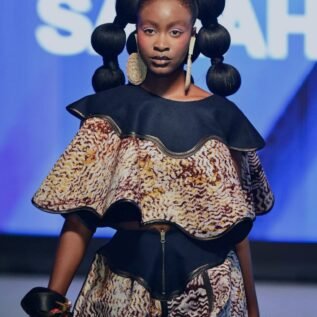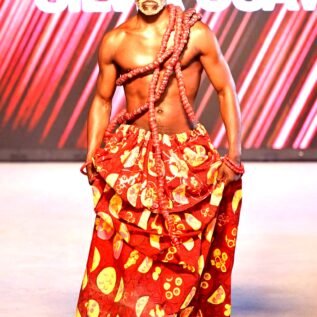Unlearning to Relearn
What if education didn’t erase your identity, but empowered it? Around the world, a new generation of AfroNouveau educators, activists, and institutions are challenging colonial legacies in learning by building curricula that reflect African worldviews, knowledge systems, and futures.
In a global system where Western ideals still dominate textbooks and syllabi, AfroNouveau curricula are offering radical alternatives—ones rooted in cultural consciousness, ancestral wisdom, and relevant innovation. This is not just about teaching Africa; it’s about teaching through Africa.
Why Decolonizing Education Matters
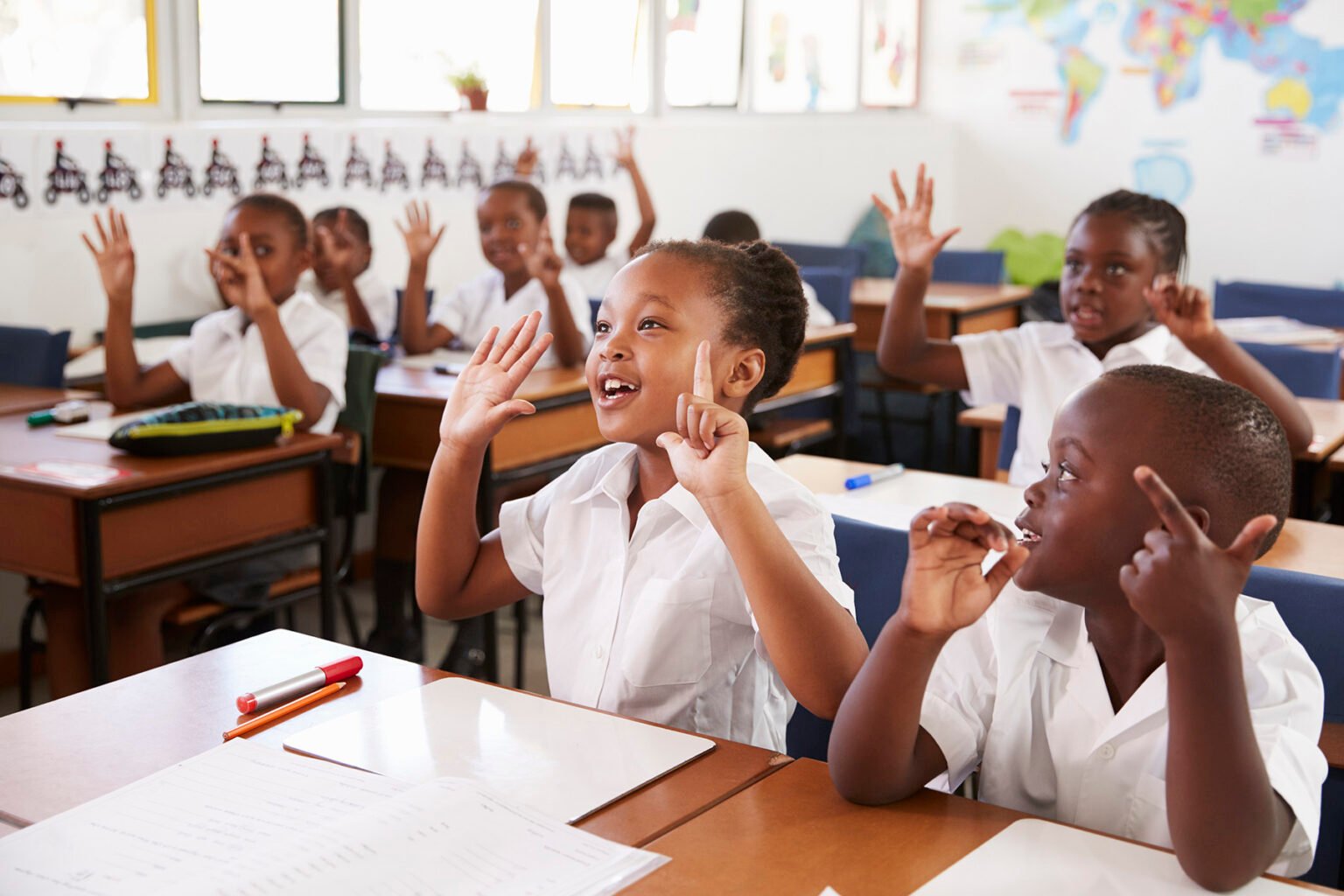
For centuries, formal education in Africa and the diaspora has prioritized foreign histories, foreign philosophies, and foreign heroes—often at the expense of African knowledge and identity. This erasure contributes to generational disconnect and systemic underrepresentation.
As Dr. Ngũgĩ wa Thiong’o powerfully stated, “Colonialism began in the mind and must be dismantled in the mind.”
Decolonizing education, then, is an act of liberation. It’s about restoring the power to define, to teach, and to shape how future generations understand themselves and their world.
Global Movements and Local Models
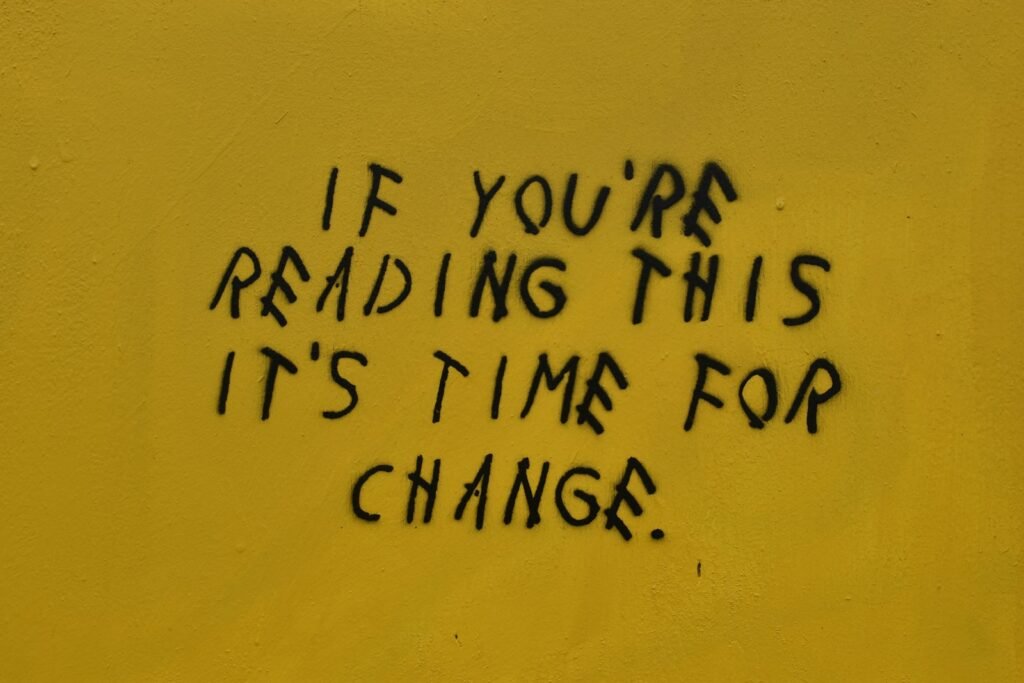
From Nairobi to New York, AfroNouveau thinkers are crafting new learning experiences:
The Abibitumi Institute (Ghana) offers Pan-African, Afrocentric learning in African languages, with courses on cosmology, economics, and history.
- We Here (USA) is a platform by Black women in education focused on transforming libraries and pedagogy for equity and empowerment.
- Thuto Ke Lesedi (South Africa) integrates indigenous languages and land-based knowledge into public education models.
These curricula do more than transfer information—they build cultural fluency, pride, and agency.
What an AfroNouveau Curriculum Looks Like
An AfroNouveau curriculum isn’t just a list of African authors. It’s a reimagining of how knowledge is created and shared:
- Language & Linguistics: Teaching in indigenous tongues, reviving proverbs, and exploring African semiotics.
- Science & Innovation: Highlighting African inventions, medicinal systems, and environmental technologies.
- Philosophy & Ethics: Rooting moral education in African humanism like Ubuntu, not just Aristotle or Kant.
- Art & History: Celebrating oral traditions, visual storytelling, and pre-colonial civilizations with nuance and depth.
AfroNouveau in Higher Education & EdTech
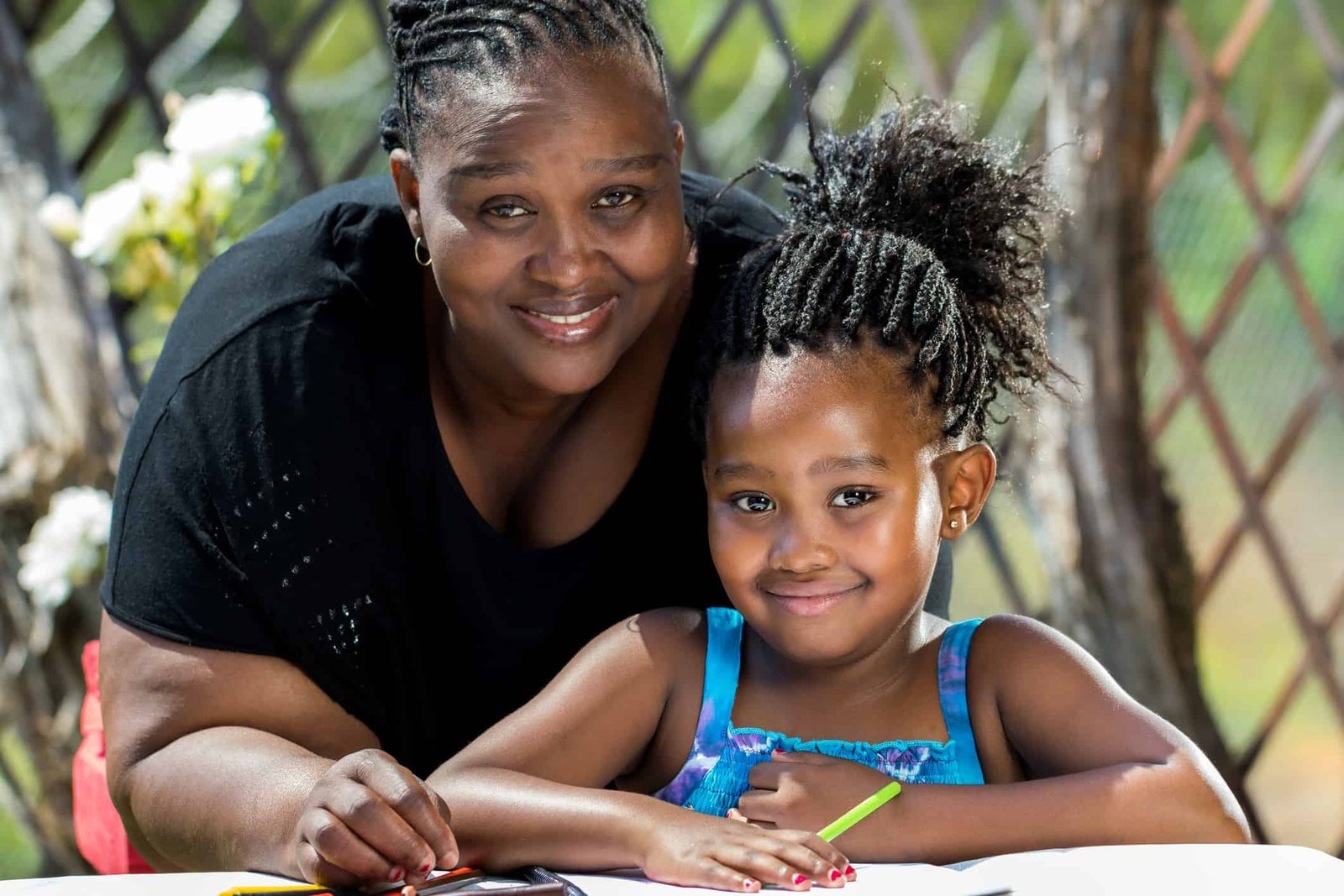
Universities like the African Leadership University (ALU) are disrupting higher education by focusing on real-world problem solving, Pan-Africanism, and indigenous leadership models. Meanwhile, AfroNouveau EdTech platforms like uLesson, Kunda Kids, and NABU are using mobile-first learning to reach underserved learners in culturally relevant ways.
These innovations align with UNESCO’s call for culturally responsive teaching as a pillar of equitable education.
Rewriting the Blackboard
To decolonize education is to reclaim the power of narrative. It’s to teach not just from textbooks, but from ancestors. It’s to center the AfroNouveau worldview where learning fuels liberation, not assimilation.
As more communities and institutions commit to culturally rooted learning, the world begins to see education not just as a ladder—but as a mirror.
Are you part of the shift? Whether you’re a parent, teacher, or learner, explore AfroNouveau educational tools, support Afrocentric curriculum initiatives, and advocate for representation in your local schools.
Because the future of Africa’s children—and the children of its diaspora—deserves a curriculum that tells them the truth about their brilliance.

